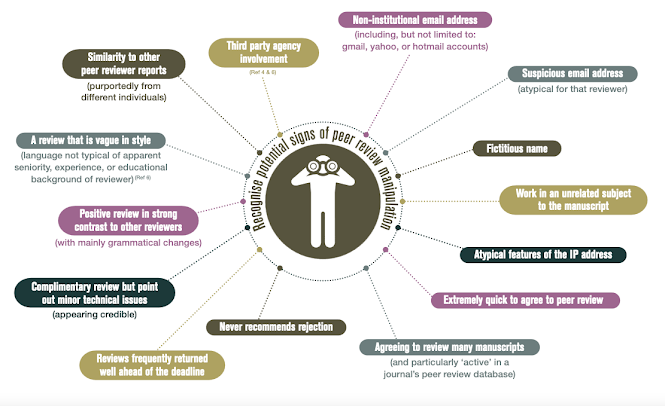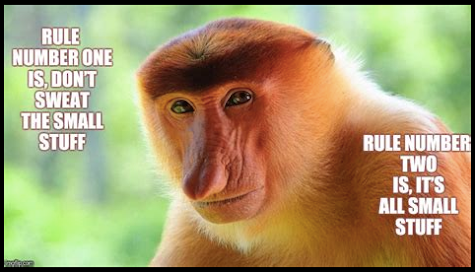Pride and Respect

Pride month just finished... So why is this relevant for academic publishing? I have a conflict of interest, as this is personal to me. This also means I feel obligated to clarify, educate, and mitigate biases whenever possible. Sex refers to a set of biological attributes in humans and animals that are associated with physical and physiological features, including chromosome expression, hormone function, and reproductive/sexual anatomy. Gender refers to the socially constructed roles, behaviours, and identities of female, male, and gender-diverse people. It influences how people perceive themselves and each other, how they behave and interact, and the distribution of power and resources in society. Terms that define identity Apart from gay men, lesbians, and bisexual people, it is necessary to recognize, Asexual : An individual who experiences a lack of attraction to other persons of any sex or gender. Pansexual : An individual who experiences attraction to people regardless of g...



.jpg)
